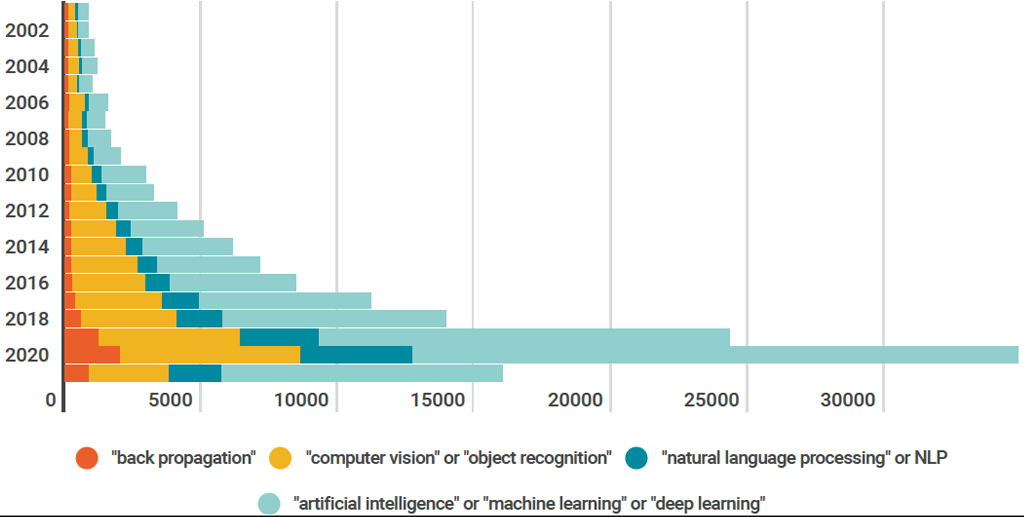Patenting the AI pipeline: intellectual property for AI before standardisation
Patenting the AI pipeline: intellectual property for AI before standardisation
[PhilNote: this is an excellent overview of current patent considerations related to AI.]
It seems likely that AI will evolve from a profusion of specific, single-purpose tools into a handful of general-purpose platforms and systems that serve as the bedrock for later development. Given such evolution, it is worth discussing the many different aspects of AI that may provide patentable value all along the AI pipeline. As a starting point, it is useful to examine the industry’s moves towards standardisation and SEPs.
Standardisation
While it remains an open issue, the calls for AI standardisation are both national and international in scope:
- China – the China Electronics Standardisation Institute issued the Artificial Intelligence Standardisation White Paper in 2018, with input from more than two dozen corporations and research entities.
- United States – the National Institute of Standards and Technology has been tasked with developing a plan for US engagement in the development of technical standards and related tools in support of reliable, robust and trustworthy systems that use AI technologies (Executive Order 13859, 2019).
- Germany – the Institute for Standards launched the German Standardisation Roadmap on Artificial Intelligence in November 2020.
- European Union – in 2021, CEN-CENELEC (the European standards associations) established a joint technical committee to develop and support AI standardisation in the European Union.
....
In general, AI-based inventions can be split into three basic categories, each of which has a place in a well-thought-out patenting strategy:
- applications of AI to specific use cases and systems;
- improvements in fundamental AI technologies; and
- AI-supportive technologies, including technologies for managing and storing the data that powers AI systems.
...
AI and patentable subject matter: considerations in some key jurisdictions
At a high level, many jurisdictions require that the subject matter of a patent demonstrate a ‘technical effect’ or a ‘practical application’:
- The European Patent Convention (EPC) prohibits patents that claim a computer program ‘as such’, unless the claimed invention “causes a further technical effect beyond those effects which occur inevitably when any program is run” (the EPC, Article 52).
- In the United States, claims that are directed to a ‘judicial exception’ without ‘significantly more’, are considered patent-ineligible. However, recent guidance from the USPTO suggests that, if a judicial exception is integrated into a practical application, the claim is patent-eligible.
- In China, under guidance released in 2017, a ‘computer program-related invention’ with ‘technical characteristics’ may be eligible for patent protection.
See the full story here: https://www.iam-media.com/patenting-the-ai-pipeline-intellectual-property-ai-standardisation

Figure 1. US patents granted each year with AI terms in the description.
Pages
- About Philip Lelyveld
- Mark and Addie Lelyveld Biographies
- Presentations and articles
- Tufts Alumni Bio